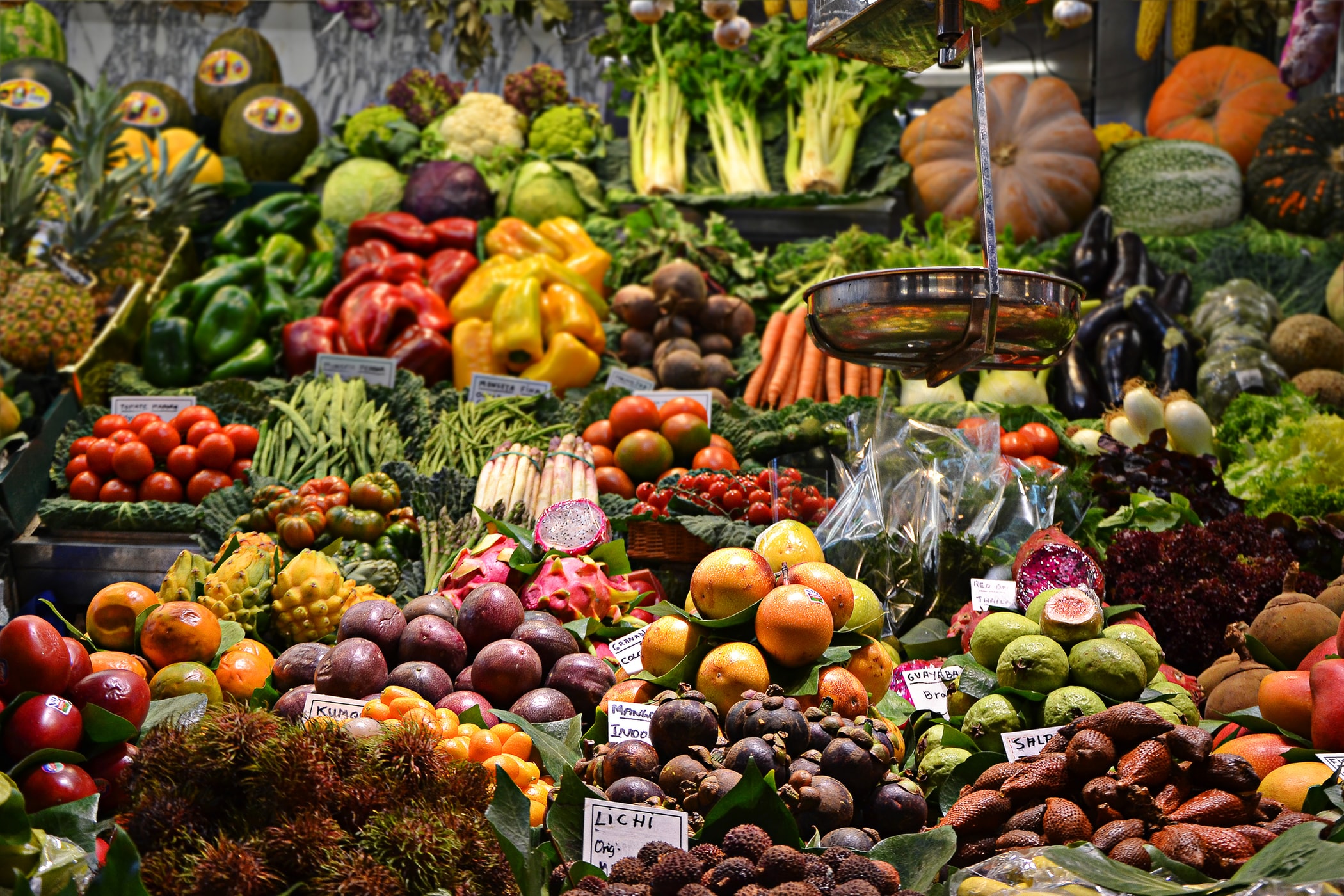The health of your bones depends on several different factors, ranging from age and general health to your genetics. That said, there are plenty of things you can do to safeguard and improve bone health. One of these is to improve your diet with fruits and vegetables that can support bone mineralization and density. In this article, we’ll look at what fruits and vegetables are good for bones.
Dark green vegetables
You probably already know that greens are good for you. If you’re interested in improving your bone health, pile your plate with dark green vegetables like kale, Savoy cabbage, and broccoli. These vegetables are packed with vitamins and minerals that are vital for bone health, including calcium, magnesium, and potassium. They are some of the best foods for bone health.
Dark green vegetables also contain vitamin K, which helps minerals like calcium to bind to your bone tissues. The high levels of vitamin C also make it easier for your body to use the calcium they contain to keep your bones healthy.
On the other hand, you should avoid certain vegetables that are high in oxalic acid. Although they may also be very high in calcium, they are not great dietary sources. Oxalic acid acts to block vitamin K.
Fruits and fruit juices
Don’t overlook the importance of fruits for bone healing. Fruits are high in antioxidants, which your body needs to stay healthy. Which fruit is best for bones? Well, most fruits have some benefits. In particular, you should look out for fruits that are high in vitamin C. Your body can’t properly absorb calcium and other minerals without vitamin C. Good choices include citrus fruits like oranges, lemons, limes, and grapefruit. Berries such as strawberries and blueberries are also great for healthy bones.
Some fruits also have essential trace minerals like silicon and boron. Although you don’t need much of these trace elements, they are still necessary for bone health. You can find bone-supporting trace elements in apples, peaches, and apricots.
One caveat regarding fruit is that most fruits are naturally acidic. When there’s excess acid in your system, your body may take calcium from your bones to balance the overall pH of your blood. For this reason, you might want to look out for tasty fruit juices that are fortified with calcium. This will offset the effect of the fruit acids.
You can also combine fruit with alkaline and calcium-rich foods yourself. Blend smoothies with fresh blueberries and skim milk, or drink water with a small pinch of baking soda before you eat fruit.
Although it’s the stem of a plant, rhubarb is often served as a fruit. You should avoid rhubarb if you’re concerned about bone health, as it’s high in oxalic acid.
Tree nuts
While not all nuts are technically a fruit, they’re great for supporting bone health. Nuts contain minerals and healthy fats that deliver the fat-soluble vitamins your body needs for overall well-being.
Vitamin D
Another vitamin that’s vital for bone health is vitamin D. Vitamin D is created in the body when the skin is exposed to UV radiation, which means that it can be challenging to make enough without getting too much sun. Some foods also contain vitamin D. The vitamin is freely available in some kinds of fish; unfortunately, it can be hard to get vitamin D from vegetable sources. You can obtain various types of vitamin D, particularly D3, from fortified foods, including beverages and cereals.
Other foods for bone health
While ‘what vegetables are good for bones?’ is a useful question, you shouldn’t overlook the bone-health benefits of fish, low-fat dairy, and certain meats. Protein-rich foods are vital for bone health — but don’t overdo it. You should not consume too much protein as it can interfere with your body’s ability to use calcium properly.
When it comes to keeping your bones strong, diet is only part of the story. A healthy lifestyle, including regular exercise, moderate consumption of alcohol and no tobacco use, is also important.
Tap for recommended posts on the tags you don’t follow





